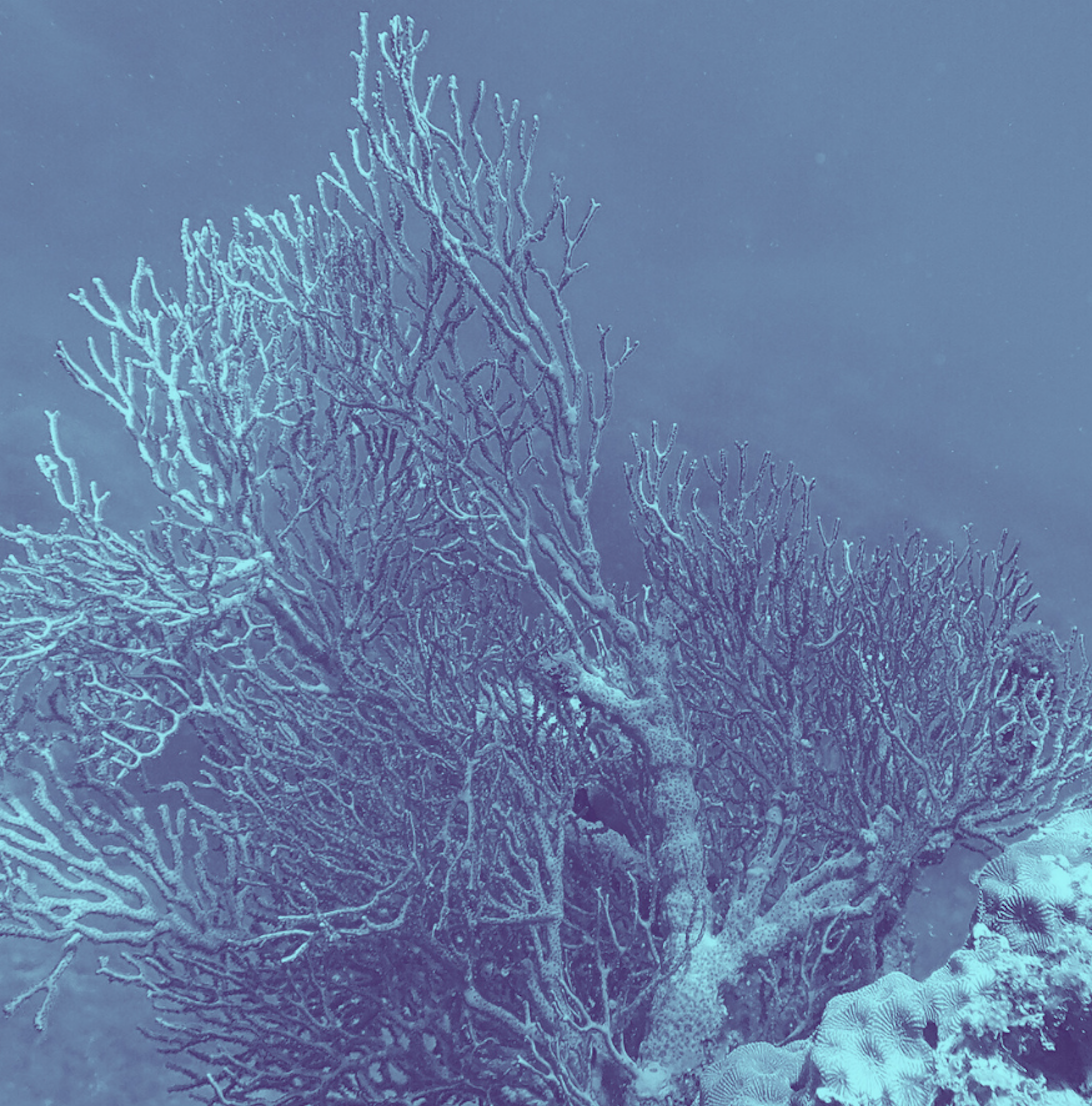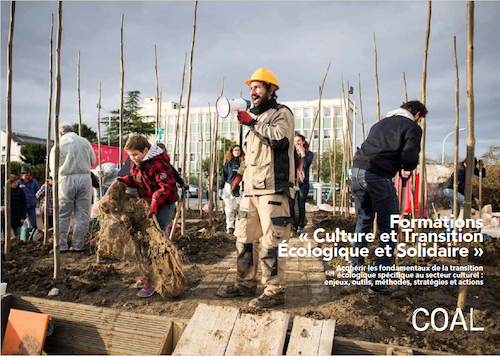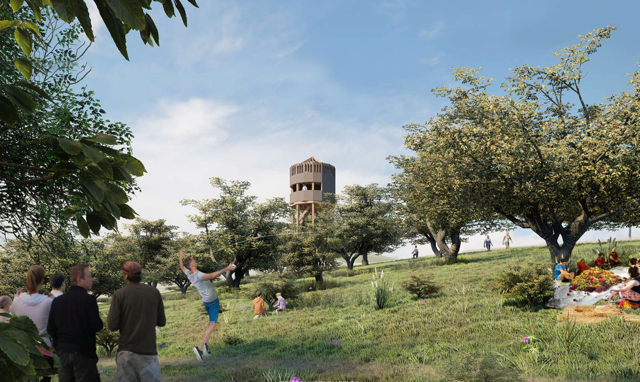
Call for entries: Deniz Villaları – Ecological Crossings
We’re delighted to announce our partnership with the Institut français de Turquie and the Goethe-Institut Türkei in their call for…
Published on 20 October 2017
Training for the cultural sector to acquire the fundamentals of the ecological transition: issues, tools, methods, strategies and actions.
COAL has developed a participative training methodology to initiate a process of ecological transition and solidarity on the scale of a cultural institution. The participative dimension allows solutions to emerge more effectively and involves teams in the process from the outset, which ensures better ownership of the project. The initial “New Start” training course can be completed with “environmental and social assessment” and “support for the implementation of a transition strategy” training modules.
TRAINING OBJECTIVES
1. Exploring the role of culture and creativity in addressing climate change and environmental challenges
2. Understand and use the main concepts of transition and its scope of application, from internal operations and production to the impacts on the public
3. Bring together a range of case studies, research, approaches and practical solutions for environmental sustainability in the cultural sector
4. Enable each participant to develop their leadership and ideas
5. To develop a collective ecological and solidarity-based transition approach at the organizational level.
THE CONTENTS
Our proposals for supporting cultural institutions in their ecological and solidarity-based transition are based on four years of work within the European Creative Climate Leadership program, in which COAL is associated with eight cultural structures from eight countries. This program has allowed the development of a training methodology adapted to the different fields of culture, and the creation of an important database integrating numerous good practices.
THE METHOD
Our method follows the principles of innovation strategy through Design Thinking taught at EmLyon by Loïc Fel, which allows us to structure a constructive participative approach ensuring the best adaptation of proposals for each group of participants and their organization.
The “New Beginnings” training is organized into three modules, three levels of action:
Module 1: Integrating transition into the functioning of cultural structures
Analysis of impact factors, examples of good practices, existing tools and methods.
Module 2: Integrating sustainable development into cultural productions
Presentation of eco-responsible and solidarity-based initiatives in the cultural sector
Module 3: Adapting to change and anticipating the future
Prospective on cultural innovations and the evolution of the macro-economic, social and ecological context and its consequences for culture.
WHO IS OUR TRAINING FOR?
To cultural professionals in all fields of creation:
– Cultural places, museums, auditoriums, places of teaching, production and diffusion of culture.
– Theater, orchestra, dance or interdisciplinary collective companies.
– Networks, associations, funding bodies and decision makers in relation to the cultural sector
The institutions that have followed our training
– Trempolino
– National Choreographic Center of La Rochelle
– Alliance Française Santo Domingo, regrouping the 200 Alliances Francaise of Latin America
– Brittany Museums
– French Association of Orchestras
– National Dramatic Center of the Pays de la Loire
– National Orchestra of Brittany
 Loic Fel during the training day for Trempolino “Integrating sustainable development in the Site project”, Nantes, September 2020
Loic Fel during the training day for Trempolino “Integrating sustainable development in the Site project”, Nantes, September 2020
More advanced training is also available for all cultural sectors.
Download the brochure to discover the details of the training courses
Featured image Thierry Boutonnier, Appel d’Air, 2018 (Julie Bourges)
We’re delighted to announce our partnership with the Institut français de Turquie and the Goethe-Institut Türkei in their call for…
Since 2022, as part of the Pays de l’Arbresle’s “Les murmures du Temps” art trail, Thierry Boutonnier has been sending…
Since 2022, as part of the Pays de l’Arbresle’s “Les murmures du Temps” art trail, Thierry Boutonnier has been sending…

